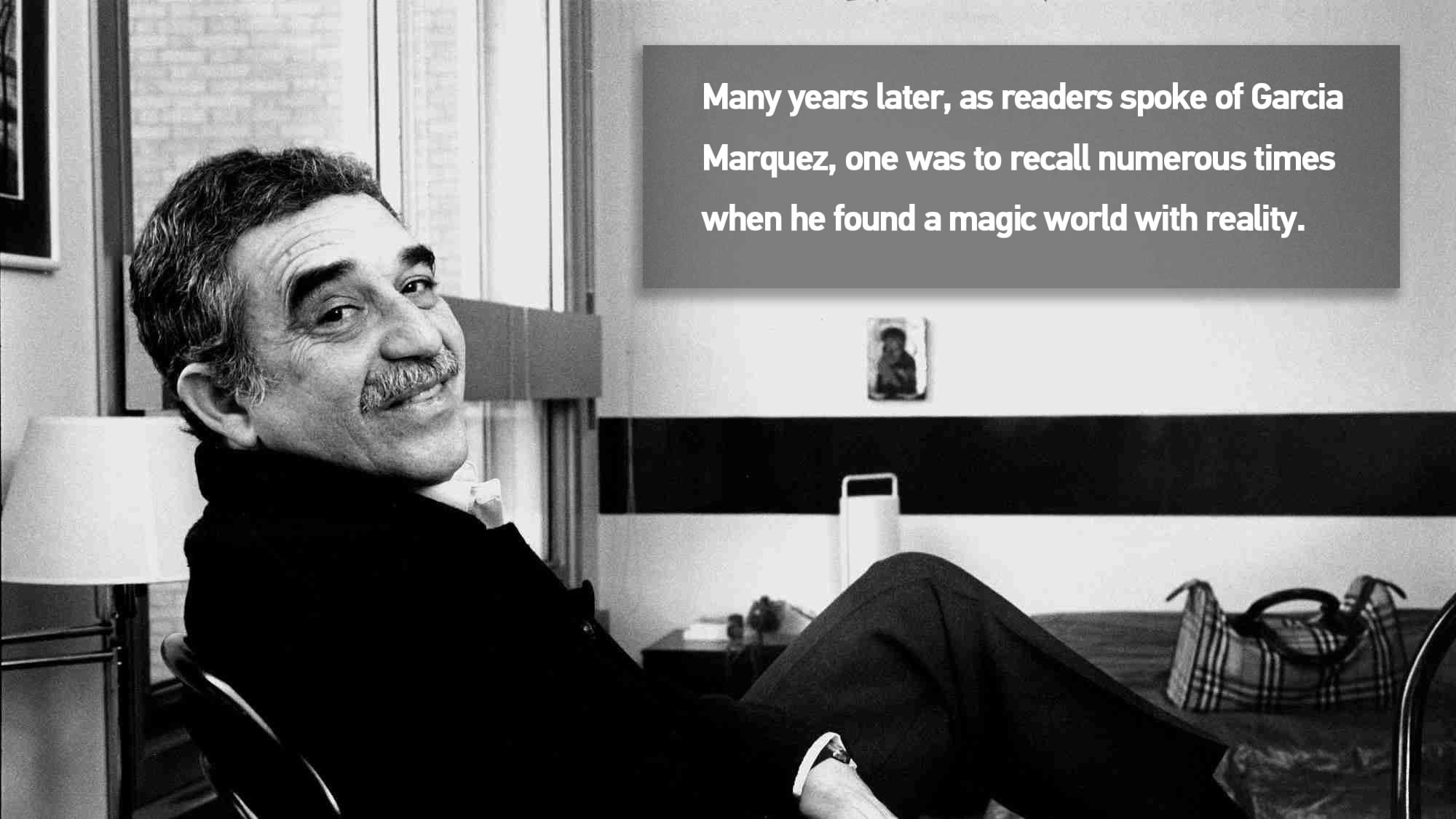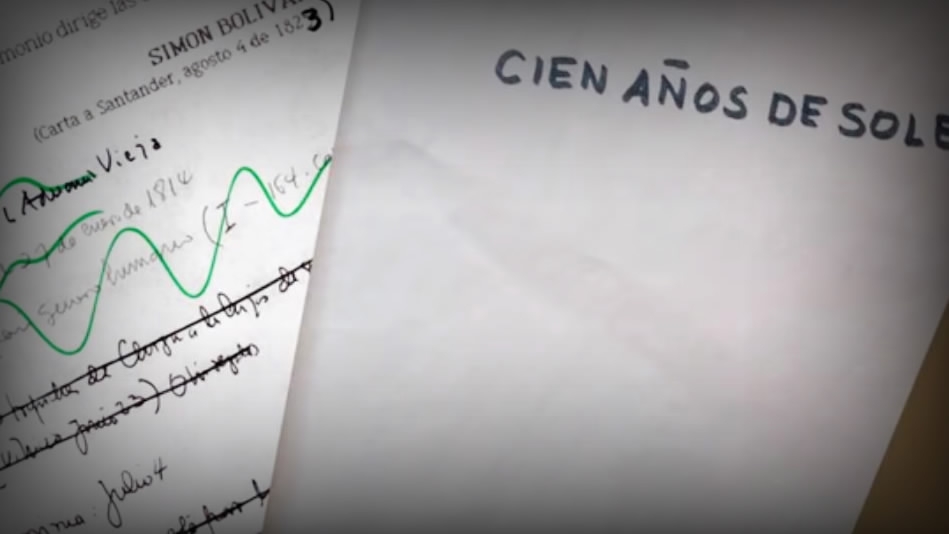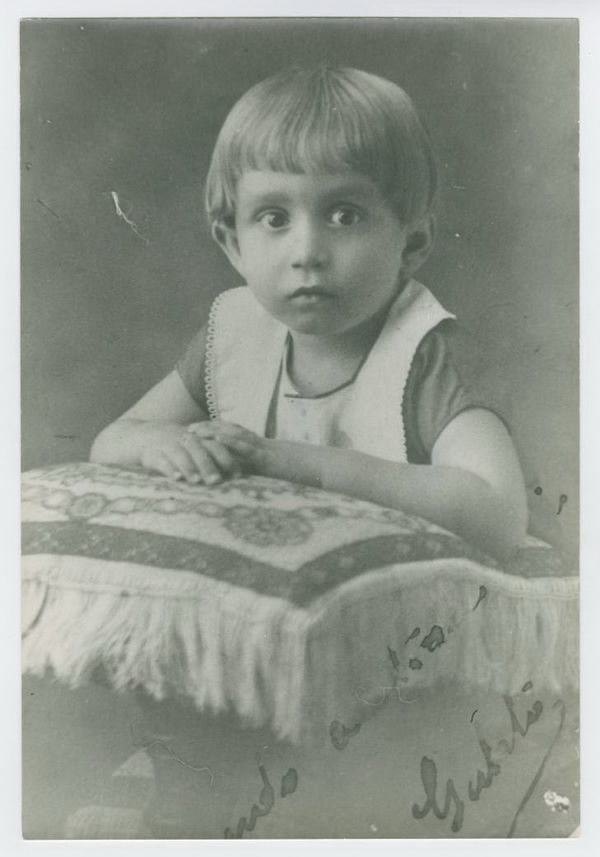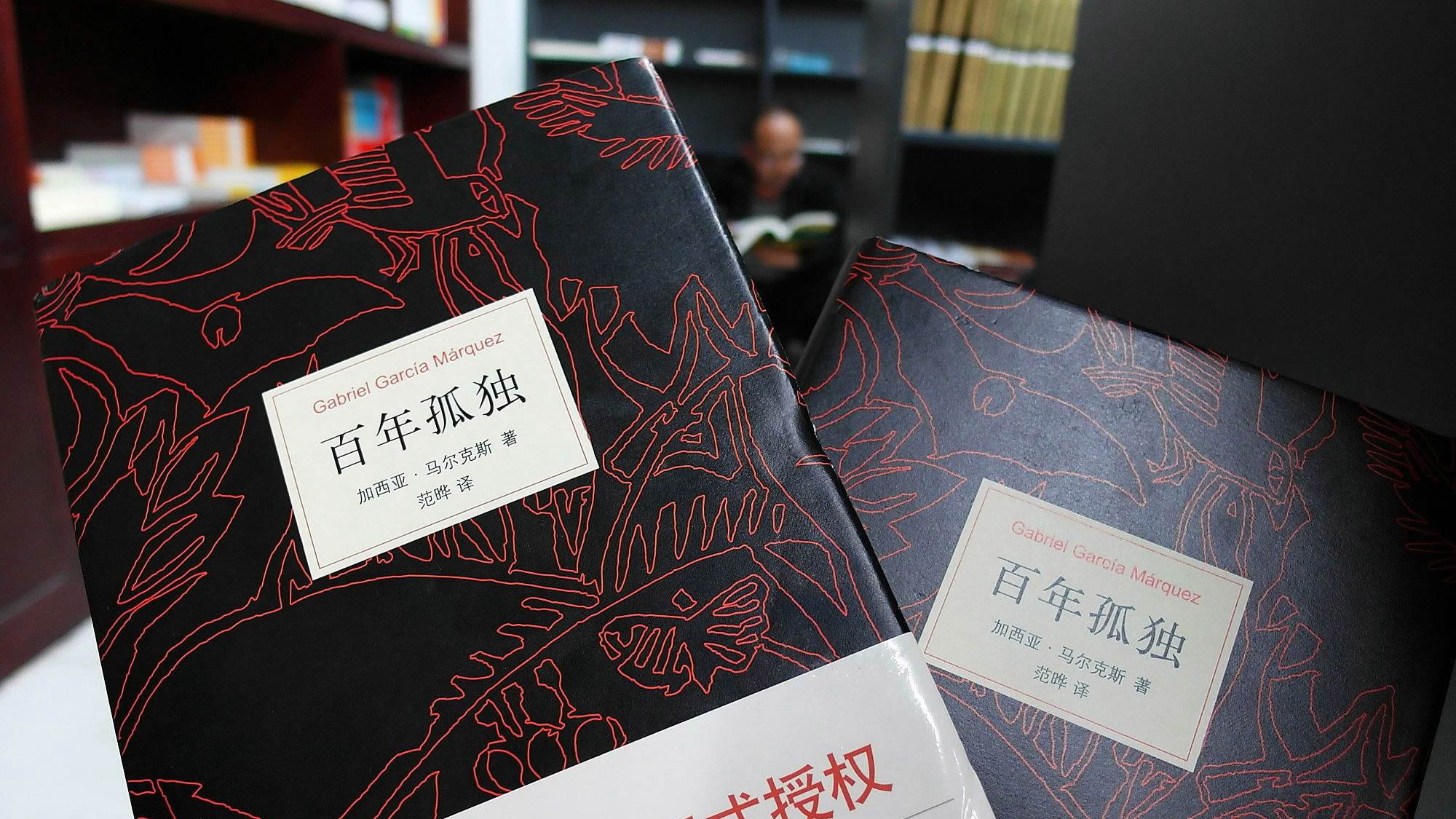
Culture
23:10, 12-Dec-2017
Garcia Marquez’s digitized archive now available online
By CGTN

The Harry Ransom Center of University of Texas recently has unveiled half of the Nobel laureate Gabriel Garcia Marquez’s archive online for free public use, US media reported Monday.
The collection of Garcia Marquez, bought from his family with a reported 2.2 million US dollars by the center three years ago, currently has been digitized in some 27,000 pages and other images, which are available for worldwide online users.

Manuscripts of Garcia Marquez /Youtube Photo
Manuscripts of Garcia Marquez /Youtube Photo
A comprehensive collection of Garcia Marquez
Steve Enniss, director of the Harry Ransom Center, noted, "Often estates take a restrictive view of their intellectual property, believing scholarly use threatens or diminishes commercial interests."
"We are grateful to Gabo's family for unlocking his archive and recognizing this work as another form of service to his readers everywhere," he added.
The digitized archive in both English and Spanish catalogs includes manuscript drafts of Marquez’s published and unpublished works covering his masterpiece Cien Años de Soledad (One Hundred Years of Solitude) research material, photographs, scrapbooks, correspondence, clippings, notebooks, screenplays, printed material, ephemera, and an audio recording of Garcia Marquez's acceptance speech for the Nobel Prize in Literature in 1982.

One-year-old Gabriel Garcia Marquez /ThePaper Photo
One-year-old Gabriel Garcia Marquez /ThePaper Photo
"The greatest Colombian who ever lived"
In a name of the "greatest Colombian who ever lived" by President Juan Manuel Santos upon his death in 2014, the Colombian-born author acquired a global prestige for his mastery of magical realism epitomized in his novels One Hundred Years of Solitude and Love in the Time of Cholera.
Born in 1927 at Colombia, Garcia Marquez started his writing career as a journalist in the 1940s reporting from Bogota and Cartagena, and later served as a foreign correspondent in Europe and Cuba.
During the two years from 1965 to 1967, he embarked on creating the novel One Hundred Years of Solitude and won the Nobel Prize for Literature in 1982. Marquez then became best known for his fiction and achieved worldwide recognition as a gifted storyteller.

China's authorized edition of Marquez's One Hundred Years of Solitude /VCG Photo
China's authorized edition of Marquez's One Hundred Years of Solitude /VCG Photo
Garcia Marquez’s impact in China
Garcia Marquez inspired a generation of Chinese novelists such as Jia Pingwa and Han Shaogong. Another Chinese fan is Mo Yan, who followed in Garcia Marquez’s footsteps in winning the Nobel Prize for Literature in 2012. A new literary genre called the “root-searching school” thrived in China which drew on the Colombian author’s fresh narrative skills.
His novels were the best foreign books Chinese readers could get their hands on in the early 1980s.
Garcia Marquez was said to have visited China in 1990 but was disappointed by privacy issues. He was reluctant to authorize the publication of his books in the country. Since mid-1990s China joined international copyright conventions and China’s copyright protection was set up to protect foreign authors.
In 2011, a Chinese publisher acquired the authorized edition of "One Hundred Years of Solitude" with a cost of 1 million US dollars.

SITEMAP
Copyright © 2018 CGTN. Beijing ICP prepared NO.16065310-3
Copyright © 2018 CGTN. Beijing ICP prepared NO.16065310-3